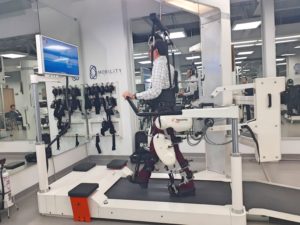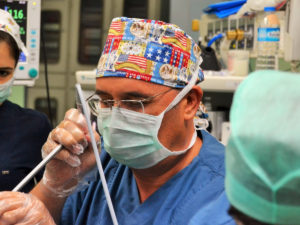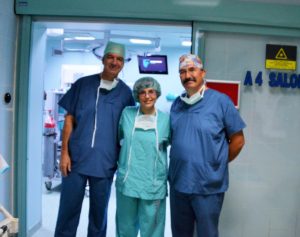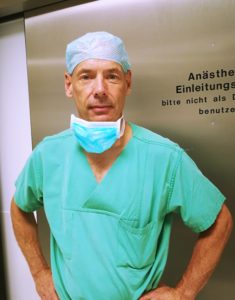
We are excited to announce the addition of Rehabilitation services to our roster of accredited and American Physicians Network -credentialed providers. This facility specializes in the treatment of serious neurological illnesses, injuries and conditions for clients recovering from traumatic brain injuries, brain tumors, strokes and congenital conditions.
They use a holistic patient centered approach utilizing a multi-disciplinary team of rehabilitation professionals to address the emotional, mental and physical care of their patients. The outpatient rehabilitation center is packed with state-of-art diagnostic and treatment equipment including robotics that help to target, train and evaluate specific areas of the body to treat a wide range of conditions (upper and lower limbs, ambulation mechanics, fine motor control etc.)

We are so pleased to be able to offer this service to our clients. We know, that with serious illnesses and injuries, a comprehensive rehabilitation program is a crucial component to enable our clients to reach their full potential, and enhance wellness and recovery.




